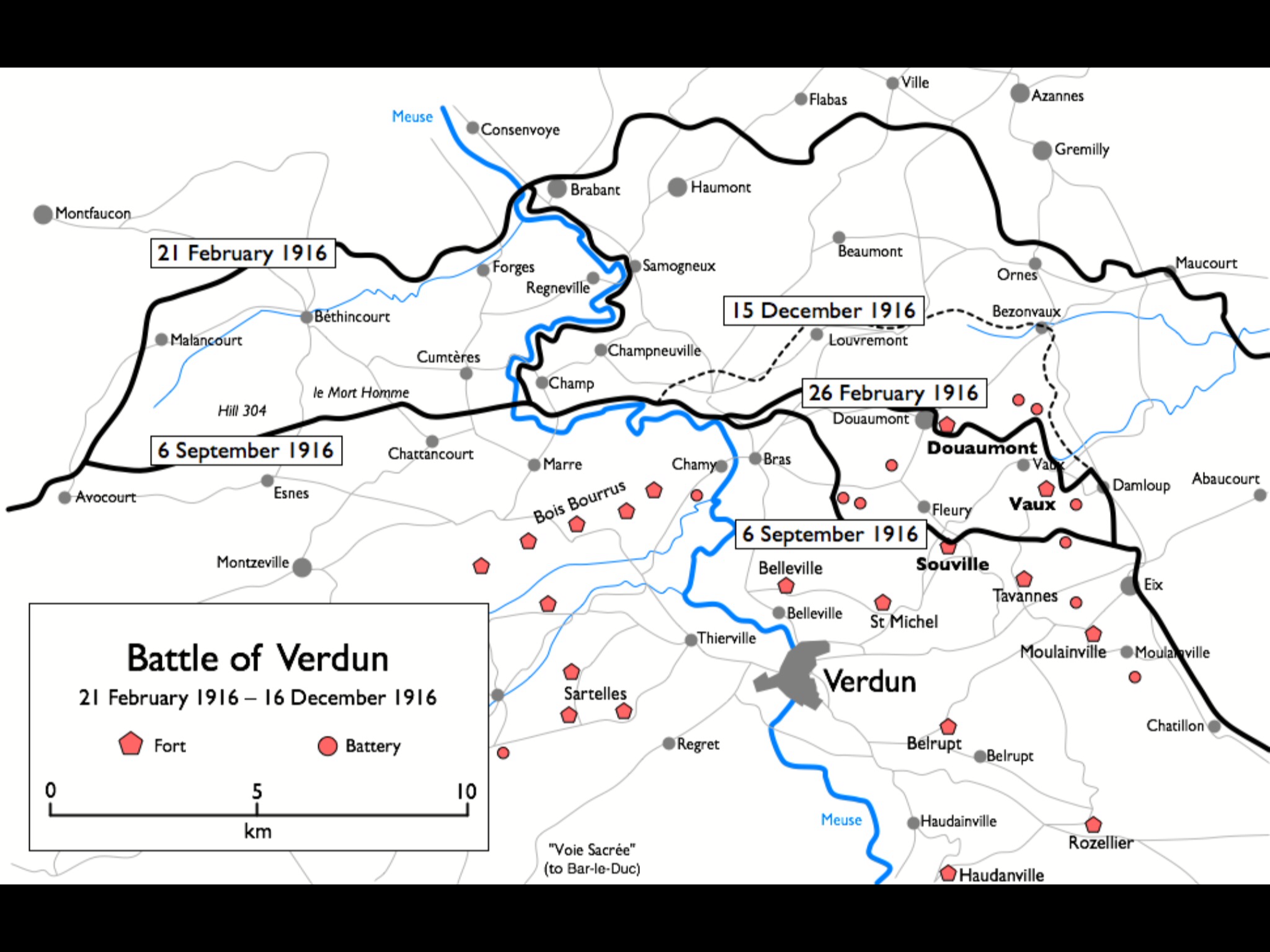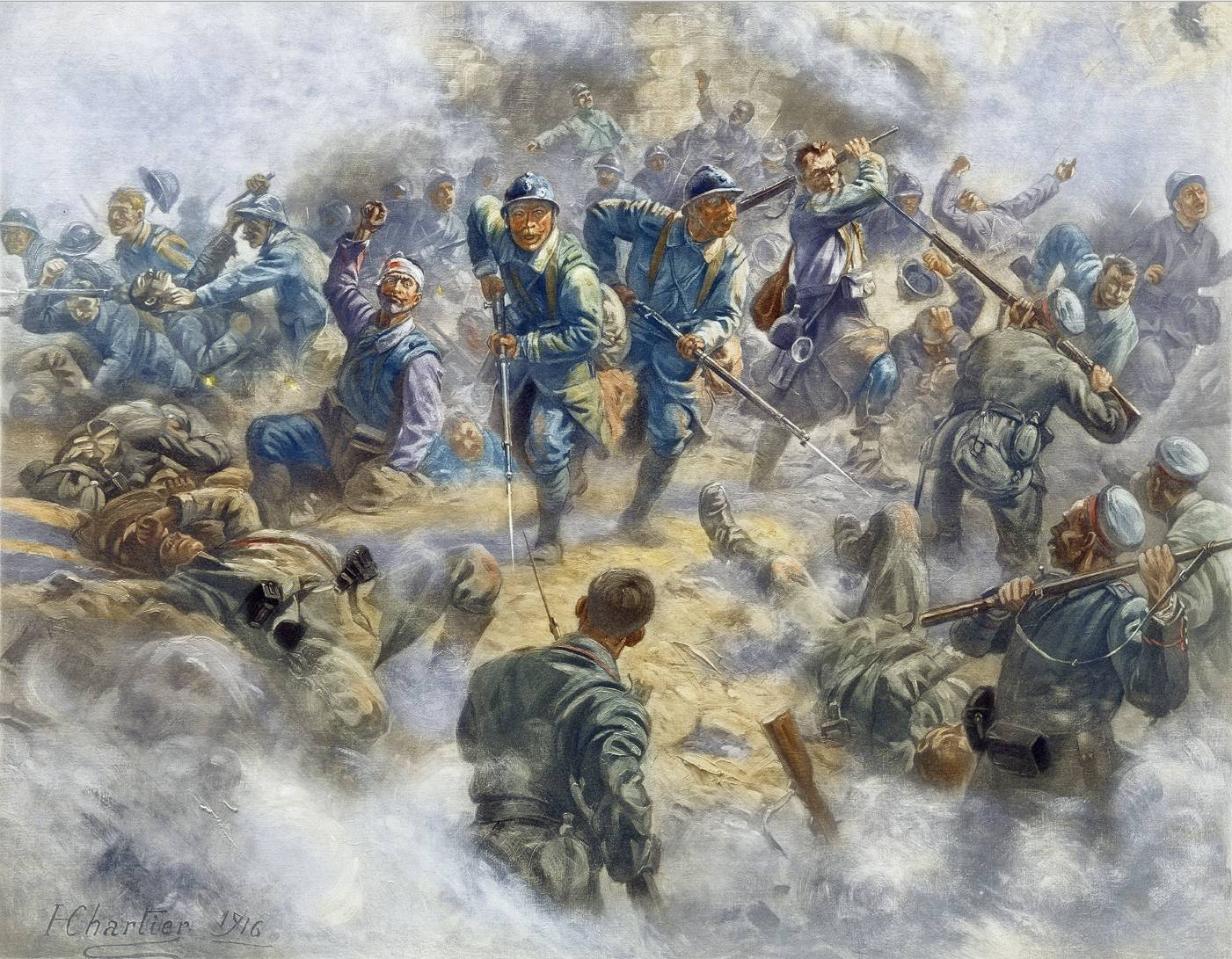
As such, Germany used its U-boats to attack and sink merchant ships as a means of hurting the war effort of these nations. As the war progressed, Germany attempted to push the war in its favor by limiting the supplies and raw materials that Britain and France received from their colonies.

In general, the U-Boat Campaign by Germany was an attack against the merchant shipping routes of the Allied nations. The term ‘U-boat’ refers to the German submarines that were used in World War I. Another important factor of the German Navy during World War I was its U-boat Campaign from 1914 until 1918. In fact, France and Germany both had a deep mistrust of each other in the years before World War I. Germany’s control over Alsace-Lorraine was a major source of frustration for France and led to heightened tensions between Germany and France. As part of its defeat, France gave up a section of its land called Alsace-Lorraine, which bordered with Germany. More specifically, Prussia (the largest Germanic Kingdom before the unification of Germany) defeated France in the Franco-Prussian War. For example, the Franco-Prussian War had occurred just decades earlier from 1870 until 1871. Both nations had a history of war against each other and their rivalry caused them to expand their military forces. In particular, Germany had a history of conflict with its direct neighboring country – France. For instance, by 1914, Germany felt fairly surrounded and threatened by the alliance system established between France, Britain and Russia. One of the driving factors behind Germany’s entry into the fighting of World War I is its history with its European neighbors.

With that, World War I had begun and Europe was divided. Finally, Austria-Hungary declared war on Russia on August 6th in retaliation for its support of Serbia. However, Britain also wanted to keep its commitments to France as outlined in the their alliance agreement. This was due in part to Germany’s invasion of Belgium, which Britain had promised to protect. This caused Britain to enter the fray on August 4th when it declared war against Germany.

In fact, Germany formally declared war on August 1st against France, Belgium, and Russia. German troops were readied to invade France, through Belgium with the plan of attack known as the Schlieffen Plan. In fact, Germany had promised its ally, Austria-Hungary, a ‘blank check’ in support of the conflict. Having heard of the Russian mobilization against Austria-Hungary, Wilhelm II of Germany ordered German mobilization on August 1st. In response, Russia mobilized its forces further on July 30th and began to prepare for war with Austria-Hungary. Officially, World War I started on July 28th, 1914 when Austria-Hungary declared war on Serbia.


 0 kommentar(er)
0 kommentar(er)
